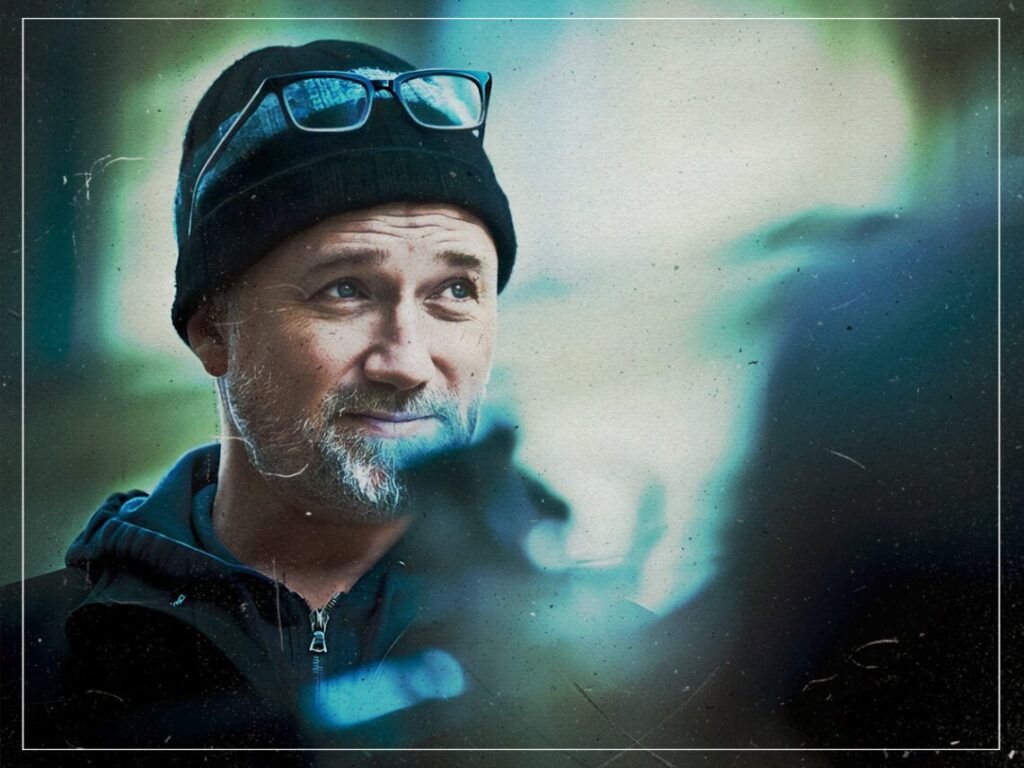‘The Social Network’: The David Fincher movie inspired by John Hughes
 Posted On
Posted On
(Credits: Far Out / Alamy)
David Fincher hasn’t quite achieved the same levels of cinematic influence and importance as Orson Welles, but he is most certainly one of the most accomplished directors of his generation. After making a slight false start with Alien 3, Fincher quickly found his home in the world of gritty crime flicks and novel-to-film adaptations, honing a moody and meticulous directorial style. A couple of decades later, he has mastered the art of the modern thriller.
From the endlessly quotable Gone Girl to the cult classic status of Fight Club, Fincher has consistently captivated and repulsed audiences with his tales of murder and masculinity. However, perhaps the most outstanding entry into his filmography is also the most understated. The Social Network features no gory crime scenes like Se7en, no real-life killers like Zodiac, and certainly no underground fight clubs, but it’s still just as entrancing as any other Fincher film, if not more.
In 2010, Fincher linked up with screenwriter Aaron Sorkin to tell the story of Mark Zuckerberg’s journey from a scorned Harvard University student to a billionaire. It was a story that largely took place between college dorms, conference rooms, and computer screens, settings that, on the surface, don’t seem particularly cinematic. But, somehow, between Sorkin’s quick writing style and Fincher’s detail-oriented direction, The Social Network became one of the most successful films he had ever made.
It took home Academy Awards and widespread acclaim, as audiences and critics flocked to the cinemas to watch Jesse Eisenberg perfectly embody the role of Zuckerberg. In fact, the director himself even described the film as “the Citizen Kane of John Hughes movies,” or so he hoped. It’s a bold claim, and one that some might refute, but it was also one that Fincher was more than willing to expand upon and explain.
“Somebody asked me what my intent was with this movie,” he once shared during a conversation with Time Out, “And I said – very facetiously – that I wanted to make the Citizen Kane of John Hughes movies.” Fincher didn’t necessarily mean that he had made a film on the level of importance as Citizen Kane, nor that he was making a coming-of-age flick as cosy or classic as Hughes’ output.
Instead, he sought to fuse influences from the two. “We’re talking about a coming-of-age movie that is also a reflection on the last four years of a 26-year-old’s life,” he explained, “That’s the ludicrousness of the information age. Something I think of is that a day in the life of a Blue Whale is different from the day in the life of a Fruit Fly.”
Pulling from Hughes’ coming-of-age tendencies and Citizen Kane’s biographical nature, Fincher created an all-time classic of his own. Though he borrowed inspiration from those two widely influential filmmakers who had come before him, The Social Network was entirely Fincher’s vision and an encapsulation of the modern world.
A decade later, The Social Network often appeared in lists of the greatest movies of all time alongside offerings from Welles and Hughes. Fincher achieved far more than just making “the Citizen Kane of John Hughes movies,” he created one of the defining films of the modern era, and somehow made the story of Facebook into one of the most entertaining films of the decade.
[embedded content]
Related Topics


